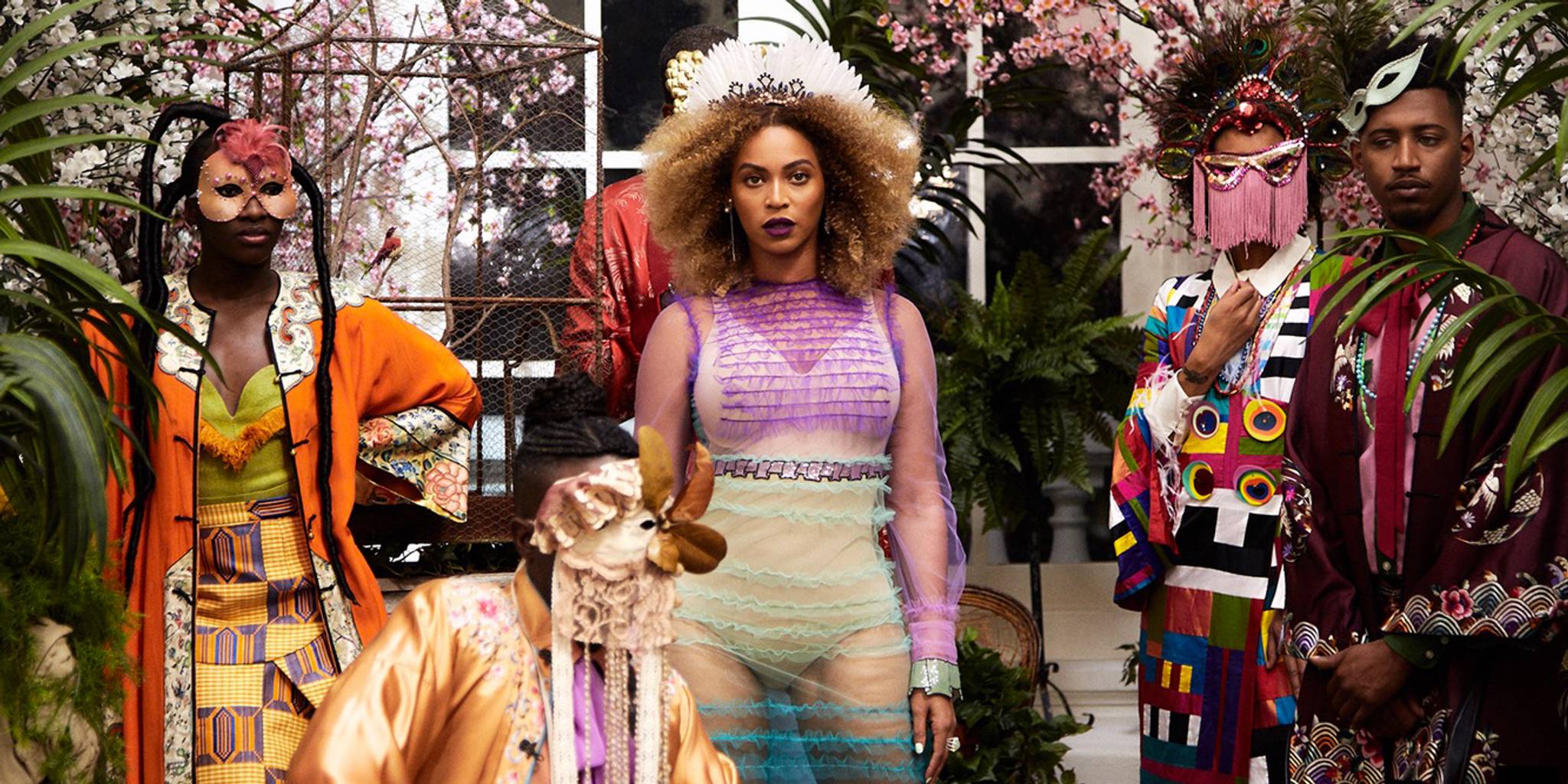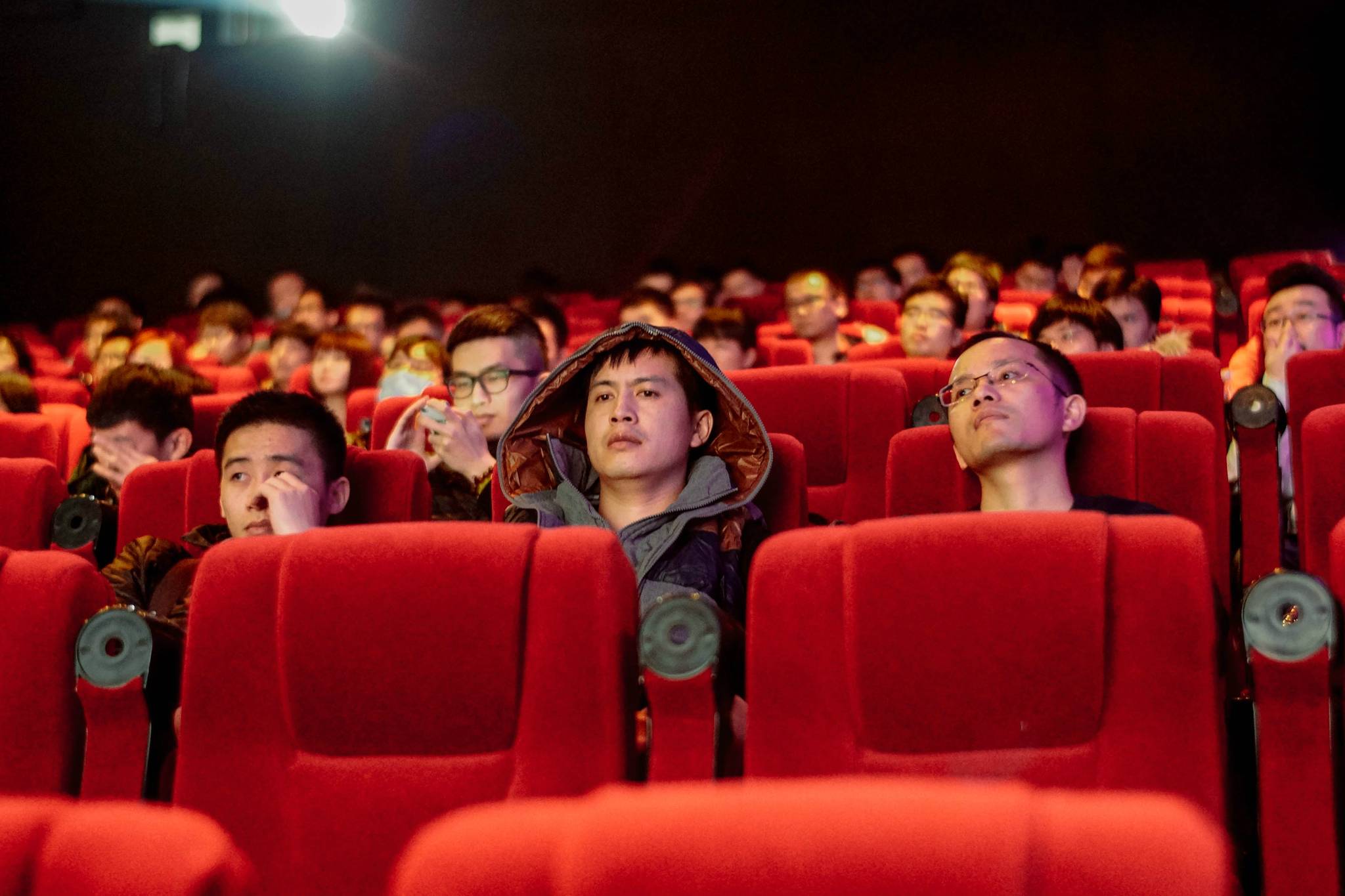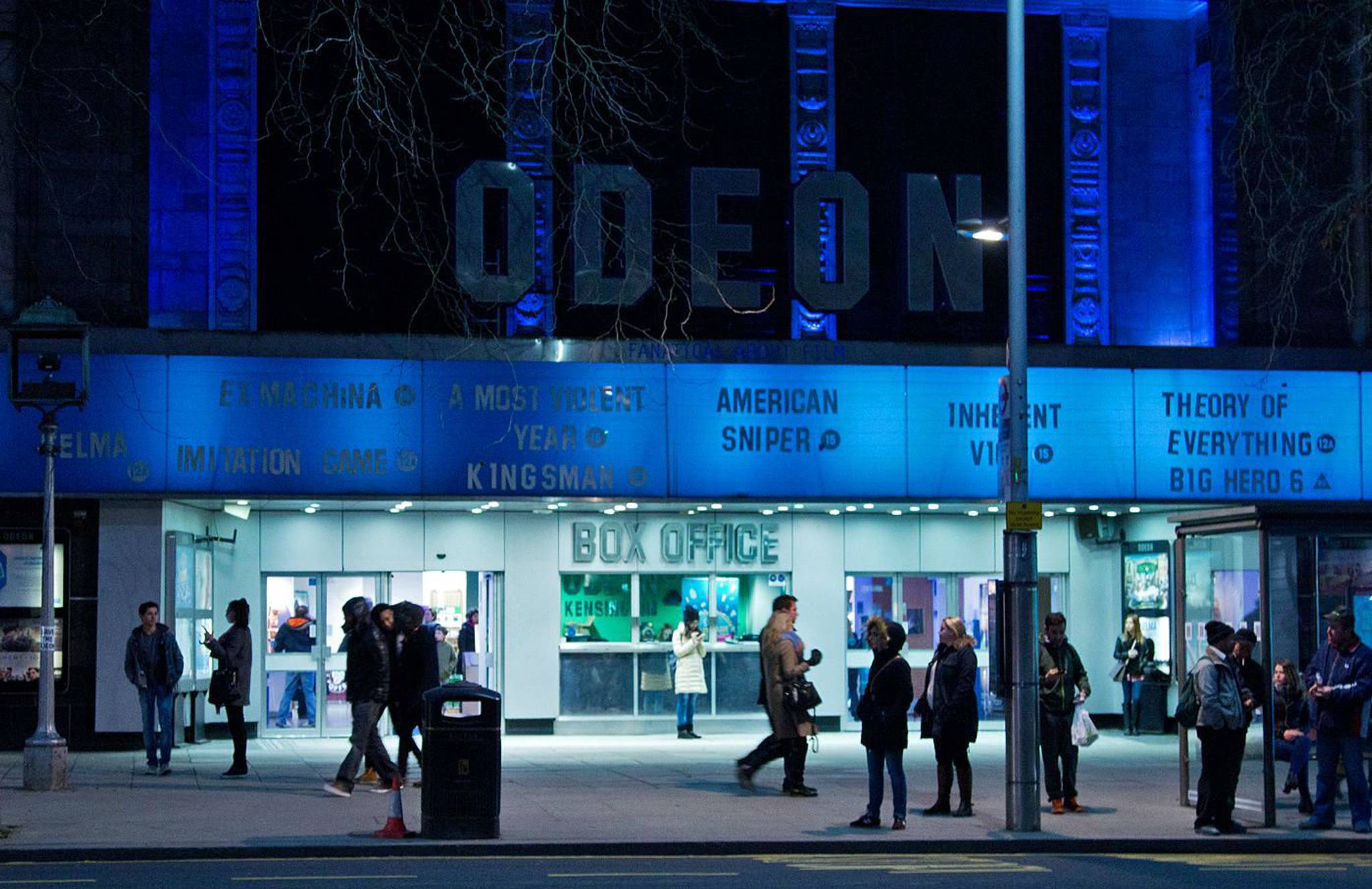
On-demand viewing is now the norm, with people expecting to see film and TV on their own terms. Netflix already indulges this behaviour, but its Super Bowl stunt took things a step further; its ad for The Cloverfield Paradox revealed that the film would be available to stream immediately after the game. We discover the insights behind why streaming has studios picking immediacy over anticipation.
Super Bowl Sunday was prime ad space for widely anticipated movies from Jurassic World: Fallen Kingdom to Mission: Impossible – Fallout. Making sure its trailer for The Cloverfield Paradox would be remembered, Netflix ended its 30-second spot with the news that the movie would be released on the platform that very evening. Despite speculation that Paramount had sold the thriller to Netflix, the film’s unconventional arrival took social media by storm and, although reviews of the movie are mostly poor, the release is further enhancing Netflix’s reputation as an industry disruptor.
Since Beyoncé’s unexpected album Lemonade was released without any forewarning and to staggering results, the entertainment industry has been toying with surprise and suspense – which have been proven to boost emotional responses by about 400%. In 2015, Paramount shortened the gap between theatrical releases and on-demand availability from 90 days to just two weeks, and some studios – Fox and Warner Bros. – are talking about charging viewers a $30 premium for early, on-demand access to films.
But with Netflix now challenging these traditional distributors, studios are having to take note of the growing impatience among movie fans to keep up with increasingly popular streaming services. Netflix’s move understands how a culture of ‘I want it now’ has bled into the universal mindset, piquing and satisfying viewers’ interest in one fell swoop.
Hannah Elderfield is a behavioural analyst at Canvas8, which specialises in behavioural insights and consumer research, where she has worked with global clients including BelVita, the UK Government, the FCO, Depend and Superbrands. Outside of work, she can be found shopping, walking her dog or attempting to curb her addiction to Nutella, not all at once of course.



